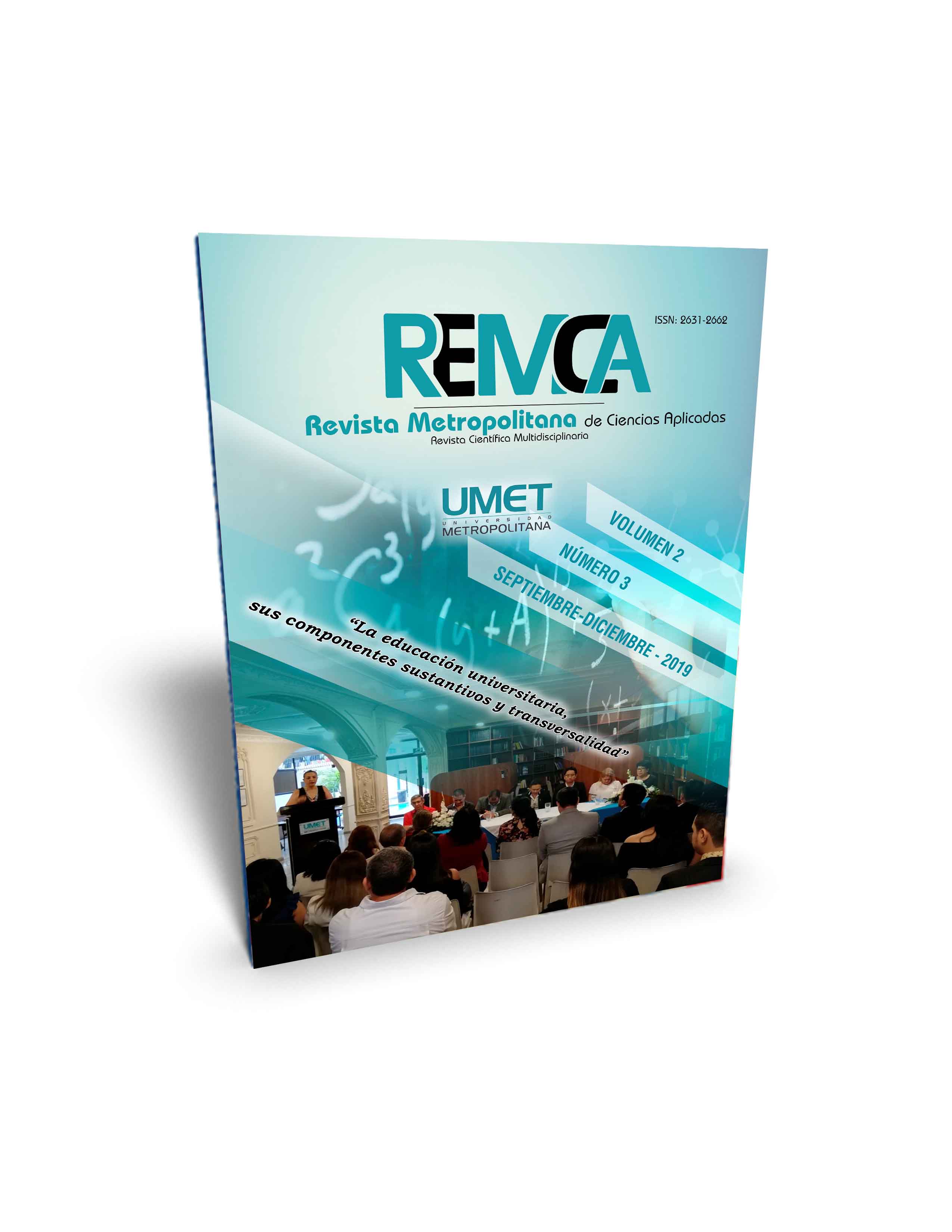Environmental right and its link with human rights, in the light of the jurisprudence of the Inter-american court of Humans Rights
DOI:
https://doi.org/10.62452/0am3fp73Keywords:
Environmental law, human rights, Inter-American Court of Human RightsAbstract
This research article Environmental Law and its link with Human Rights, in the light of the jurisprudence of the Inter-American Court of Human Rights, aims to assess the link between human rights in Ecuadorian environmental law, according to the influence of the jurisprudence and advisory opinions of the Inter-American Court of Human Rights, particularly the Kichwa Indigenous People case, on the environment and rights requested by the Republic of Colombia. The methods used for the work have been the theoretical point of view, based on the historical method, which allowed to know the first conventions and international declarations in the field of environmental law, on the other hand, the use of the analytical method to analyze the pronouncements of the Court Inter-American, and finally the exegetical legal method based on hermeneutics, which was applied to interpret national and international regulations.
Downloads
References
Ames Vega, E. (2014). Iniciación al Derecho Ambiental. Foro Jurídico, (13), 218-227. Recuperado de http://revistas.pucp.edu.pe/index.php/forojuridico/article/viewFile/13788/14412
Corte Interamericana de Derechos Humanos. (1997). Opinion Consultiva OC-15/97. San José: CIDH.
Corte Interamericana de Derechos Humanos. (2006). Caso Almonacid Arellano y otros Vs. Chile. San José: CIDH.
Corte Interamericana de Derechos Humanos. (2010b). Caso Comunidad Indígena Xákmok Kásek contra Paraguay. San José: CIDH.
Corte Interamericana de Derechos Humanos. (2010b). Caso Rosendo Cantú y otra contra México. San José: CIDH.
Corte Interamericana de Derechos Humanos. (2012). Caso Pueblo Indígena Kichwa de Sarayaku contra Ecuador. San José: CIDH.
Corte Interamericana de Derechos Humanos. (2017). Opinión Consultiva OC-23/17. San José: CIDH.
Ecuador. Asamblea Nacional Constituyente. (1998). Constitución Política de la República del Ecuador. Quito: Asamblea Nacional Constituyente.
Ecuador. Asamblea Nacional Constituyente. (2008). Constitución de la República del Ecuador. Montecristi: Asamblea Nacional Constituyente.
Ecuador. Asamblea Nacional. (2017). Código Orgánico del Ambiente. Quito: Asamblea Nacional.
Ferrer, E. (2011). Interpretación conforme y control difuso de convencionalidad. El nuevo paradigma para el juez mexicano. Estudios Constitucionales, 9(2), 531-622. Recuperado de http://www.scielo.cl/scielo.php?script=sci_arttext&pid=S0718-52002011000200014
Greene, F. O. (2014). El Derecho Internacional Ambiental, historia e hitos. Recuperado de https://aida-americas.org/es/blog/el-derecho-internacional-ambiental-historia-e-hitos
Pelayo, C. (2013). El surgimiento y desarrollo de la doctrina de control de convencionalidad y sus implicaciones en el Estado Constitucional. Recuperado de http://www.miguelcarbonell.com/docencia/El_surgimientoydesarrollo_de_la_doctrina_de_Control_de_Convencionalidad_y_sus_implicaciones.shtml
Portugal. Asamblea Constituyente. (1976). Constitución de la República Portuguesa. Lisboa: Asamblea Constituyente.
Villacís Londoño, H. V. (2018). El Control de Convencionalidad y su aplicación en Ecuador. Revista San Gregorio, 26. Recuperado de http://revista.sangregorio.edu.ec/index.php/REVISTASANGREGORIO/article/view/501
Downloads
Published
Issue
Section
License
Copyright (c) 2019 Jimmy Alberto Valarezo Román, Joselyn Nicole Campoverde Kam, Jean Carlos Jiménez González (Autor/a)

This work is licensed under a Creative Commons Attribution-NonCommercial-ShareAlike 4.0 International License.
Authors who publish in Revista Metropolitana de Ciencias Aplicadas (REMCA), agree to the following terms:
1. Copyright
Authors retain unrestricted copyright to their work. Authors grant the journal the right of first publication. To this end, they assign the journal non-exclusive exploitation rights (reproduction, distribution, public communication, and transformation). Authors may enter into additional agreements for the non-exclusive distribution of the version of the work published in the journal, provided that acknowledgment of its initial publication in this journal is given.
© The authors.
2. License
The articles are published in the journal under the Creative Commons Attribution-NonCommercial-ShareAlike 4.0 International License (CC BY-NC-SA 4.0). The terms can be found at: https://creativecommons.org/licenses/by-nc-sa/4.0/deed.en
This license allows:
- Sharing: Copying and redistributing the material in any medium or format.
- Adapting: Remixing, transforming, and building upon the material.
Under the following terms:
- Attribution: You must give appropriate credit, provide a link to the license, and indicate if any changes were made. You may do this in any reasonable manner, but not in any way that suggests the licensor endorses or sponsors your use.
- NonCommercial: You may not use the material for commercial purposes.
- ShareAlike: If you remix, transform, or build upon the material, you must distribute your creation under the same license as the original work.
There are no additional restrictions. You may not apply legal terms or technological measures that legally restrict others from doing anything the license permits.




